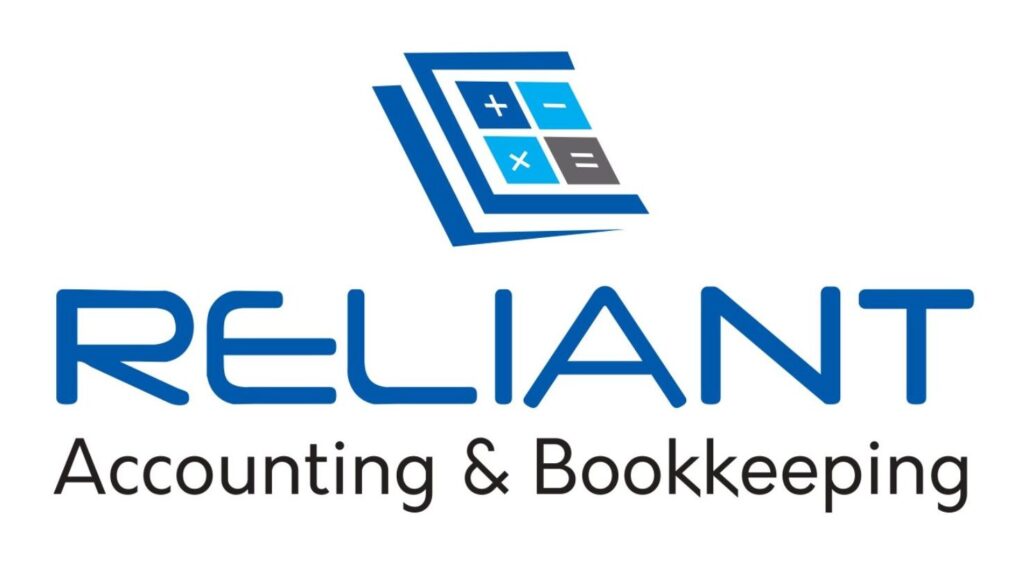The Importance of Bookkeeping and Accounting for Startups and Investors in Dubai Importance of Bookkeeping and Accounting for Startups Dubai has emerged as one of the world’s most dynamic business hubs, attracting entrepreneurs, startups, and investors from every corner of the globe. With its tax-friendly environment, modern infrastructure, and strategic location, Dubai offers an ideal […]
Category: blog
Dubai’s taxation landscape has undergone significant changes in recent years, with the introduction of corporate tax, VAT, and stricter compliance measures. For businesses and individuals operating in Dubai, understanding and adhering to these tax regulations is crucial to avoid penalties and ensure smooth financial operations. This guide outlines key strategies to stay compliant with Dubai’s […]
Dubai is known for its business-friendly environment, world-class infrastructure, and investor-friendly tax policies. Whether you are a business owner, investor, or expatriate, understanding Dubai’s tax rules is crucial for compliance and financial planning. This guide provides an overview of the key tax regulations in Dubai and what they mean for residents and businesses. 1. No […]
Integrating Accounting and Marketing for Business Success Accounting and marketing are two fundamental pillars of any successful business. While accounting focuses on financial health and resource allocation, marketing drives revenue and customer engagement. When these two functions collaborate, businesses can optimize profitability and long-term growth. This article explores how accounting and marketing work together and […]
The Intersection of Accounting and Marketing: A Strategic Approach In the modern business landscape, accounting and marketing are often viewed as distinct disciplines with separate objectives. However, when integrated effectively, these two functions can drive business success by ensuring financial sustainability and optimizing marketing strategies. This article explores how accounting and marketing intersect and why […]
Dubai is a prime destination for entrepreneurs and investors due to its strategic position, business-friendly policies, and advanced infrastructure. If you’re planning to launch a business in Dubai, it’s crucial to understand the setup process. This guide outlines the essential steps to establish a company in Dubai. 1. Determine Your Business Activity The first step […]
Accounting in Dubai: What You Need to Know Dubai is a thriving business hub with a dynamic economy, making it an attractive destination for entrepreneurs and corporations. Whether you are setting up a new business or managing an existing one, understanding accounting regulations in Dubai is crucial. This blog provides a comprehensive overview of the […]
Federal Tax Authority applies VAT refund of AED 2.9 billion for 35,000 UAE Nationals for building new residences by the end of 2024 Sunday, January 26,2025 Federal Tax Authority applies VAT refund of AED 2.9 billion for 35,000 UAE Nationals for building new residences by the end of 2024 17.9k retail outlets across the UAE […]
The Dubai Tax Authority has announced significant updates to the tax framework in 2025, aiming to enhance compliance and align with international tax regulations. These changes impact businesses, natural persons, and multinational corporations operating in the UAE. Here’s everything you need to know about the latest tax reforms. Corporate Tax Registration for Natural Persons Effective […]
Dubai has long been known for its business-friendly policies, attracting investors and entrepreneurs worldwide. However, with the introduction of Federal Corporate Tax (CT) in the United Arab Emirates (UAE), businesses operating in Dubai must adapt to the new taxation framework. This guide provides a detailed breakdown of Dubai’s corporate tax, including rates, exemptions, compliance requirements, […]







